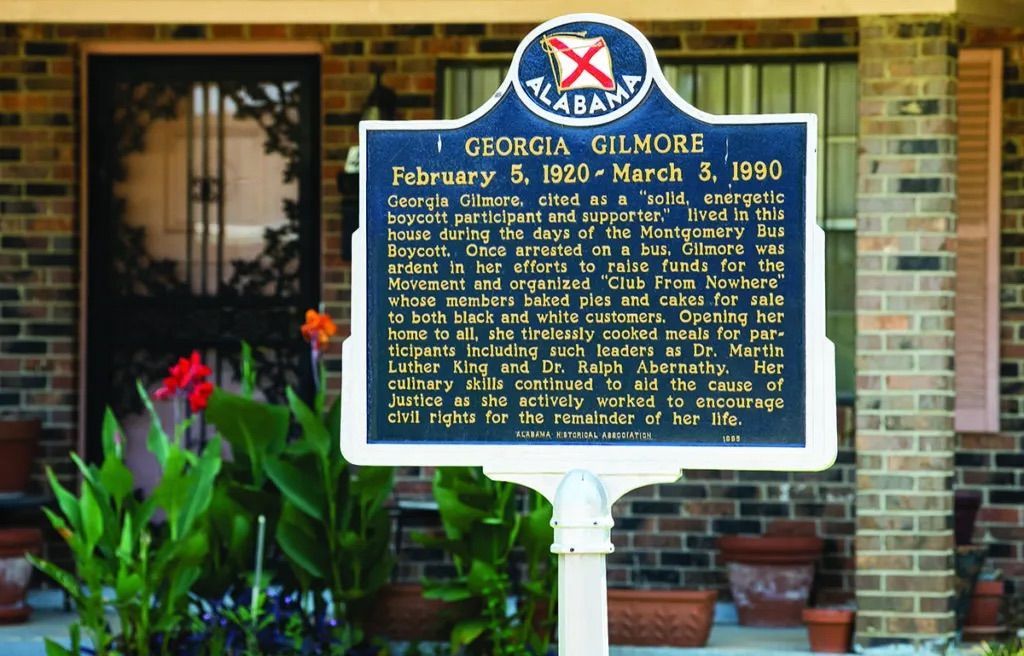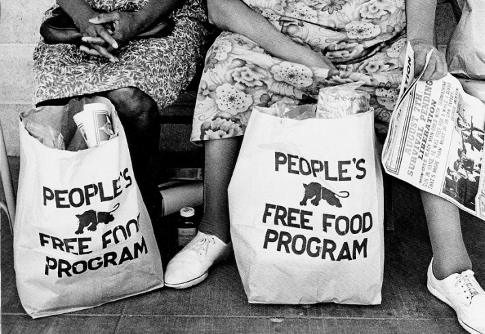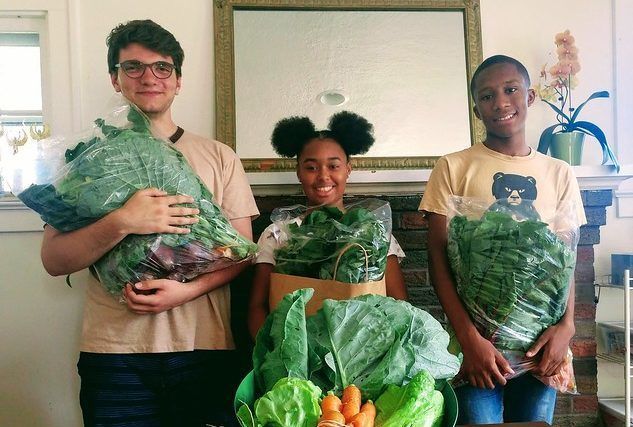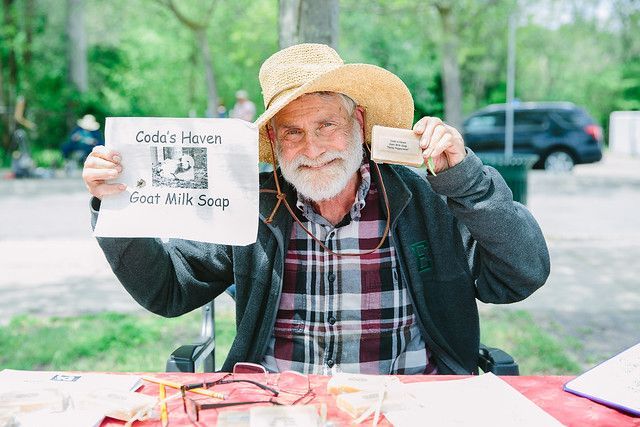Article
An Urban Farm Rooted in Mutual Aid
Located in the middle of a Ypsilanti neighborhood, from the street, the MESS House is dwarfed by the sunflowers growing next to it and the giant shade tarps covering both seating and plants. The process of developing the property and the house is ongoing, but there is already a robust urban farming project underway here. In August, abundant tomato plants are growing, plant starts are available for community members to pick up, purslane is bursting out of the ground, and a section of the property is dedicated to landrace plants–plants that are specifically adapted to do well in the Southeast Michigan region. Eventually, MESS hopes to transform the house on the property into a community third space.
MESS (the Mutual Aid Network of Ypsilanti Eco Survival Support) is a Ypsilanti-based organization that operates under the umbrella of MANY (the Mutual Aid Network of Ypsilanti). Other MANY programs include a Pull Over Prevention & Mutual Aid Fair, Pantry Support, Free Markets, and Arts, Culture, and Benevolence. MESS is a relatively new program focused on fighting climate insecurity through urban farming and mutual ai,d which was formed in response to the worsening conditions of the planet. It is the members’ answer to the question “What can we do to help the people immediately around us survive when so much at the big level is out of our control?”
Because not everyone has the resources to help fortify themselves against the impacts of climate change, such as having backup coolers or generators to keep food from perishing when the power goes out, MESS aims to help support community resilience through things actions like providing plant starts at no cost to their neighbors and holding food preservation workshops where neighbors can can the food grown on the farm and take it home with them. Ultimately, they aim to provide a public food growing space and to expose neighbors to the idea that you can grow your own food.
What MESS really specializes in, though, is bringing together community members in mutually beneficial work brigades. One example of this is MESS’s collaboration with a farmer in Milan whose blueberry farm had fallen into disrepair; in exchange for MESS members helping out with pruning and harvesting the blueberries, they received a share of the harvest. Another farmer donated their excess plant starts at the MESS House, and in exchange, MESS members helped the farmer with their garlic harvest.
This is the farm’s first full growing season, and most of the members don’t have any prior experience with urban gardening, so there is a lot of trial and error in the farm work (as there always is with farm work!). They’re still in the process of forming more relationships with established farms and reaching out to neighbors to see what neighborhood members would like to see planted. They are also still in the process of deciding whether to retrofit the existing structure on the property or to demo it and use it as an opportunity to put into practice sustainable building practices, which some of their members have been learning.
MESS is a small organization made up of volunteers with many different skillsets and expertise, all of whom want to help the people around them and provide not just direct food aid but long-term urban agriculture infrastructure to their Ypsilanti neighborhood. They have about ten core members who do most of the organizing work, and can usually pull ten or twenty additional people together for work brigades. All neighborhood members, regardless of whether they come with agricultural skills, are welcome to join them in their mission of engaging and supporting the community (but community members with practical building skills are
especially
welcome).
You can find more information about MESS, including ways to get involved, at
https://ypsimutualaid.org/many-eco-survival-support/.
This post is part of a series by Emma Rose Hardy, a PhD Candidate at the University of Michigan and the Rackham Local Food Systems Intern at Growing Hope. The series aims to highlight the essential role that SNAP and other food assistance programs play in the Washtenaw County local food system.
share this
Related Articles
Related Articles



STAY UP TO DATE
GET PATH'S LATEST
Receive bi-weekly updates from the church, and get a heads up on upcoming events.
Contact Us









